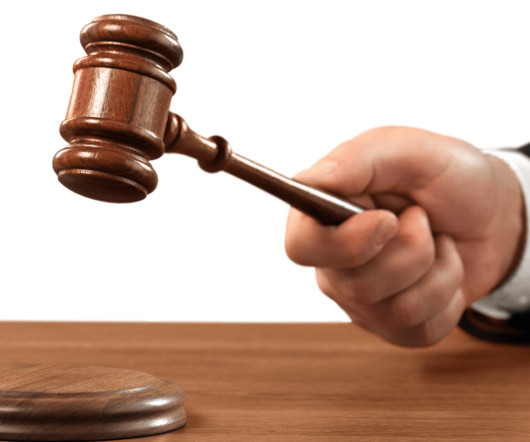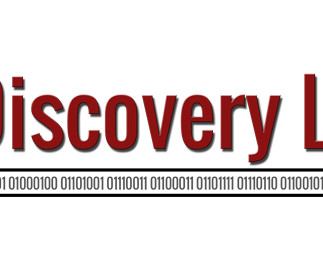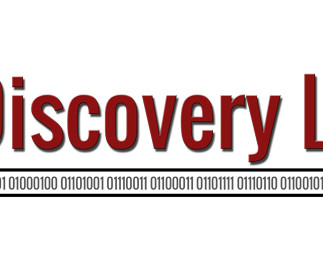Project Management Tools for Attorneys
Attorney at Work
SEPTEMBER 15, 2022
Offering a legal service is, of course, quite different from developing a new disinfectant, or building a software application or a material object. One column might be dedicated to deadlines, another to discovery tasks, another to trial preparation. Communication is no longer siloed between individuals.


























Let's personalize your content